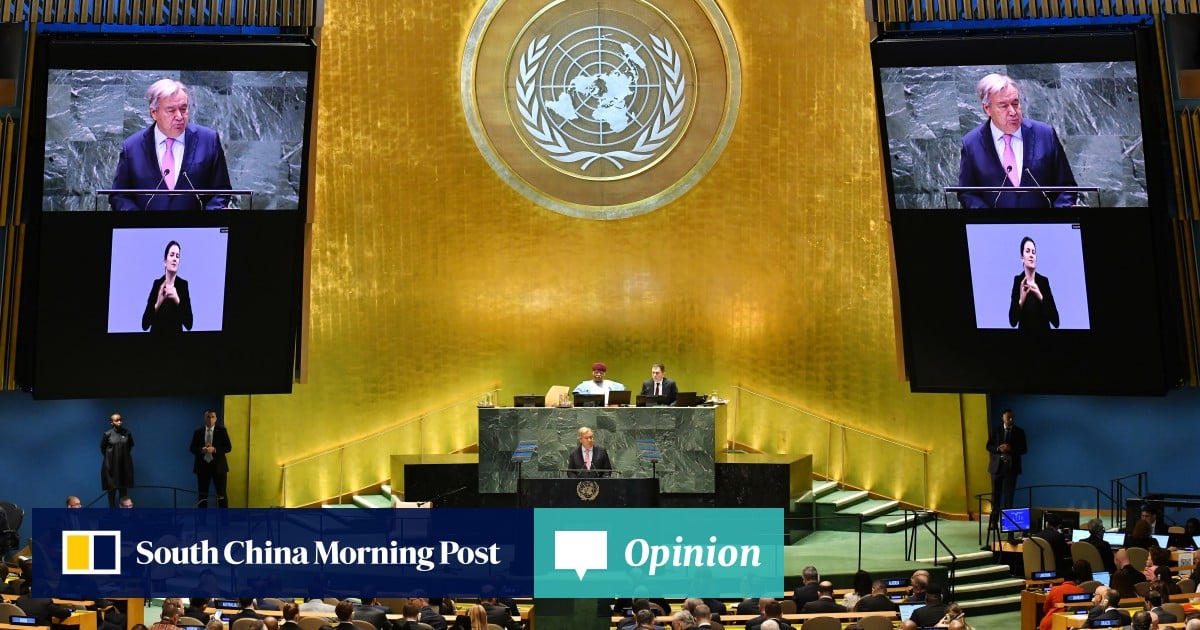
Not only are the UN’s own sustainable development goals off-track; in many cases, progress towards meeting them has reversed. The UN’s foundational commitments to peace, security and cooperation feel very foreign at a time when multiple wars are raging, protectionism is on the rise and the world is splitting into rival blocs.
But, despite this geopolitical recession, global cooperation is still possible. The UN General Assembly’s first Summit of the Future on September 22-23 tested the organisation’s ability to tackle one of the world’s biggest transnational challenges: artificial intelligence (AI). Surprising as it may be, the UN passed.
It is no exaggeration to say that AI has spurred one of the fastest and most robust policy responses in living memory. Barely a year ago, UN Secretary General Antonio Guterres invited representatives from government, the private sector and civil society to recommend how the world might govern AI in the service of humanity.
He knew that the world’s ambition to govern AI could fall flat, much like the initial response to climate change. The existing approaches were already too fragmented, and most left out the Global South, with 118 countries party to no AI governance framework at all.
We served as rapporteurs for the secretary general’s high-level advisory body on AI, which was established to meet this worthy challenge. Reflecting the world’s diversity, its 39 members came from every continent, and included representatives from government, academia, civil society and the technology industry.

